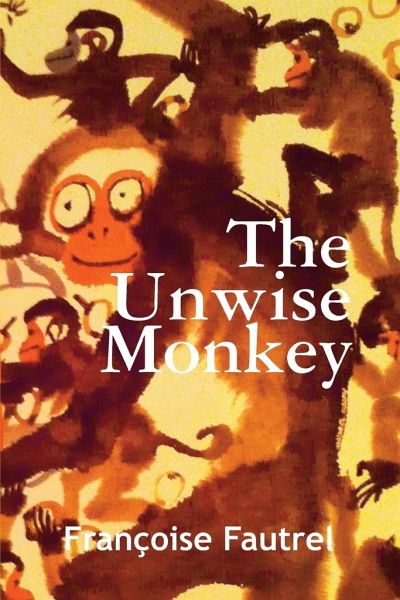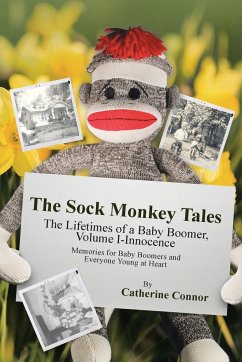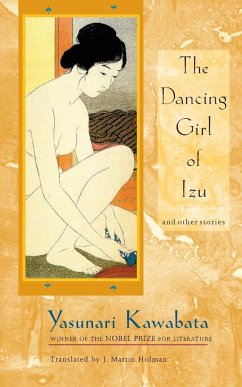
The Unwise Monkey
Versandkostenfrei!
Nicht lieferbar
Clara, a thirteen-year-old child, was plucked out of a French Catholic orphanage and sent to her mother's family in Switzerland. The Second World War had recently ended, and her French step-family was in great difficulty. Clara was very eager to go, as the thought of eventually living with her real family had sustained the child throughout her war childhood. However, it was soon obvious that the family could not accept Clara. They did not know what to make of a girl who seemed to be only interested in intellectual pursuits. She did not share their religion, spoke a strange French, and what is ...
Clara, a thirteen-year-old child, was plucked out of a French Catholic orphanage and sent to her mother's family in Switzerland. The Second World War had recently ended, and her French step-family was in great difficulty. Clara was very eager to go, as the thought of eventually living with her real family had sustained the child throughout her war childhood. However, it was soon obvious that the family could not accept Clara. They did not know what to make of a girl who seemed to be only interested in intellectual pursuits. She did not share their religion, spoke a strange French, and what is more, showed no interest in domestic work. Their rejection of Clara was mirrored in the child who showed a net preference for warm-hearted and cultured neighbours for whom she developed a deep affection. Soon the family rejected Clara and sent her back to France. The step-parents exploited and physically abused her. When her health broke down, and she could no longer bring wages home, the beatings increased. Eventually she agreed to go back to Switzerland hoping to be able to restart her education. After a rather cool reception by the family, she was told that college was not a possibility as she had to learn to run a house. Being without a dowry it would be hard enough to find a husband. She was not yet sixteen years old. This ordeal lasted nearly five years. Due to the rigid Swiss system, as a foreigner she could not get bursaries or grants to sustain her studies, even if the family had agreed to sign their approval. Unqualified for any skilled work, she was unable to get out of the infernal downward spiral. She realised that she was in serious danger the day this thought came to her: This will end up in me going mad or killing myself. She had to get out of the Helvetic nightmare. A traumatic incident precipitated Clara's departure. She arrived in England with a small luggage of clothes and books and a very large baggage of anxiety. She set about with obsessional dedication to the learning of the English language which soon became totally part of her. So much so, that having started to write about her war-time childhood in her mother tongue, she moved almost without noticing it to writing in English. Life was hard at first, as she had to work as an au pair to keep within the law. But London offered many educational and cultural activities. After three years she was allowed to take any employment she chose. Later she was able to undertake studies and obtain respected professional qualifications. Her personal life remained prey to tragedies and grief. But she never gave up picking herself up.













